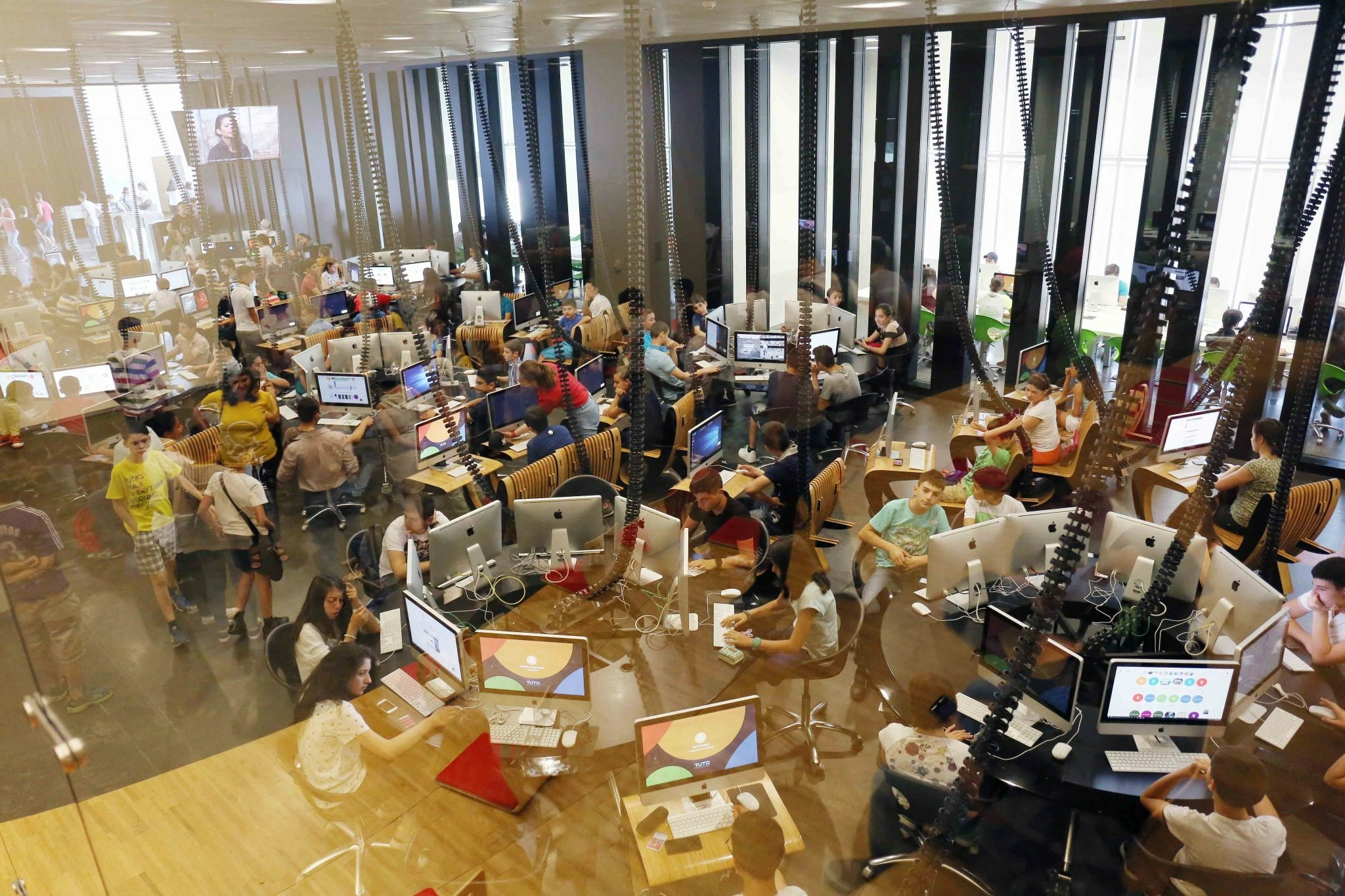Only 1 in 3 businesses in the UK were founded by women, and they were the ones worst affected by the pandemic, new data shows.
A report by the Entrepreneurs Network, in conjunction with Barclays, shows that female-founded equity-backed businesses were twice as likely to have faced significant disruptions — such closed premises or a delayed product launch — than businesses founded by men.
There is some good news though. As of September, 60% of them are back to normal operating with minimal disruption to their business.
Some examples of female-led businesses bouncing back include CMe Media, a marketing agency who lost revenue when ad space became less valuable but developed new payment plans, and Elvie, which makes breastfeeding equipment and pivoted its supply chain to avoid parts of the process hit by the pandemic.
Funding gap
One of the reasons for the higher disruption seen by female-founded businesses was the funding gap already in place before the pandemic hit. In 2020, only 13% of equity investment went to female-founded startups and, when money did go to them, it tended to be smaller amounts.
Women are also less likely to seek external finance to bolster cash flows than men, the report found, leaving them with less available financing when a crisis comes along.
Unpaid work
There’s also the fact that, during lockdowns, women tended to do more unpaid work in the home than men — with the report finding that means female founders had less time to put into their businesses during the pandemic.
In the UK, for example, before the pandemic, mothers worked 80% of the hours that fathers did, but during lockdown this dropped to 70% as women took on more childcare and duties in the house.
Sectors have been impacted differently by the pandemic
Women are also more likely to found startups in industries that were worse affected by the pandemic, the report found, such as retail, hospitality and leisure.
Female-founded businesses are also less likely to be tech based — only 28% are — and it’s those businesses which saw the most opportunities for growth as a result of the pandemic.
Building resilience
“If we want a complete recovery from this recession, we need to see as many entrepreneurs as possible innovate and create new jobs,” says Aria Babu, author of the report. “This means we cannot afford to keep barriers which prevent female entrepreneurs from realising their full talents.”
More governmental policies are needed, the report suggests: things like publishing statistics on the gender breakdowns of founders, designing new business support schemes and making sure parental pay is equal for everyone.
“Whilst great strides have been made for female entrepreneurs in recent years, we know there is still some way to go to level the playing field,” says Juliet Rogan, head of high growth at Barclays, who worked with the Entrepreneurs Network on the report.
“It’s absolutely critical to the economic recovery that we tap into female-led business potential, and drive forward the UK as one of the best places to be a female entrepreneur.”


